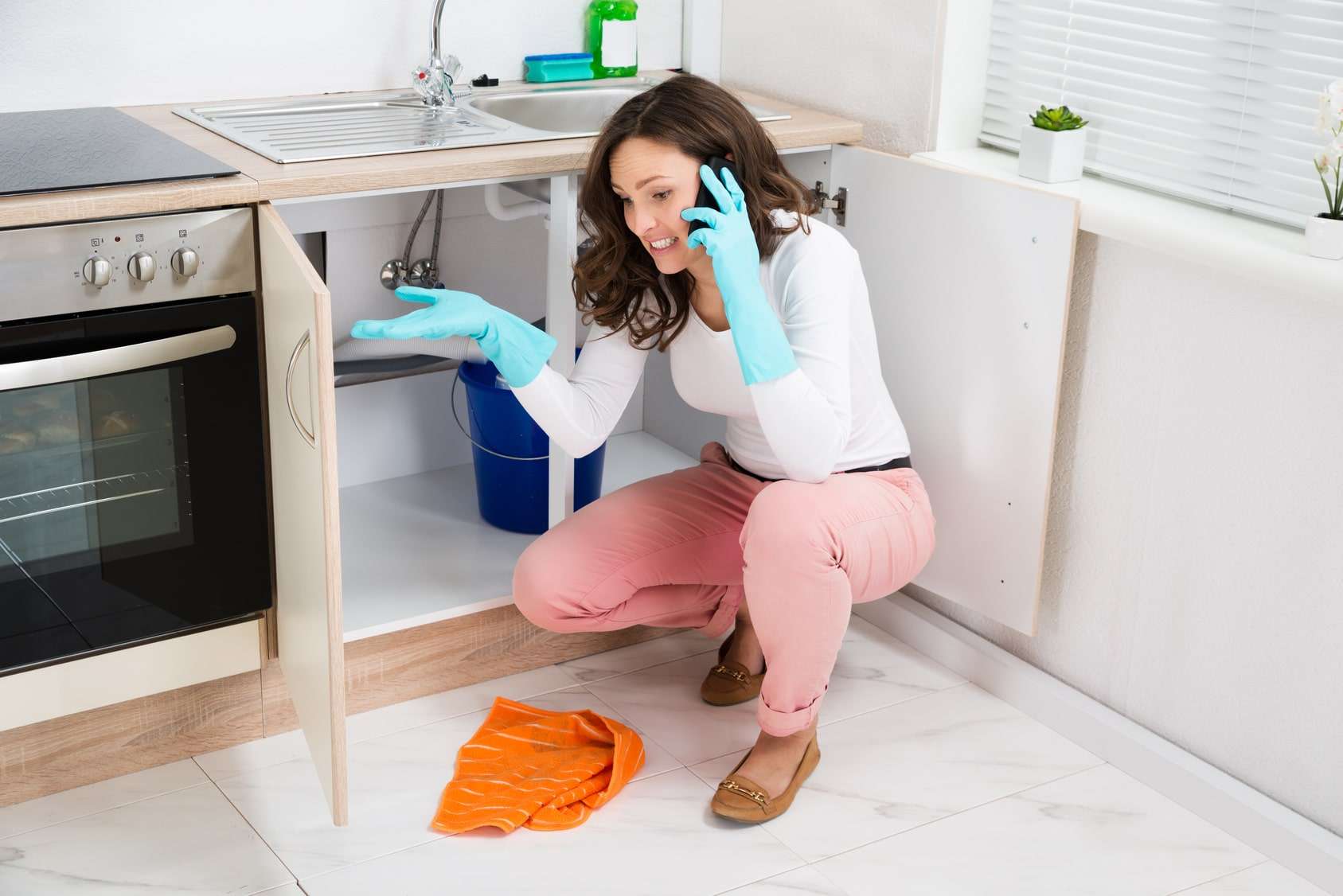The Residential Common Typical Triggers of Water Leaks: Detailed Examination
The Residential Common Typical Triggers of Water Leaks: Detailed Examination
Blog Article
They are making several good observations on the subject of Most Common Causes of Leaky Pipes as a whole in this great article further down.

Leakages not only trigger waste of water yet can also trigger unneeded damages to your home as well as advertise unwanted natural development. By looking as well as recognizing for everyday situations that trigger leakages, you can safeguard your house from future leaks and unnecessary damages.
Instant temperature changes.
Extreme temperature level adjustments in our pipelines can trigger them to expand and contract suddenly. This development and also tightening might cause fractures in the pipes, especially if the temperature are below freezing.
Corroded water supply
As time passes by, your plumbing system ages as well as deterioration such as rust might begin eating away the pipes. This could be the source of staining or warping on your water pipes. This requires an examination with your plumber quickly. If our plumbing system is old, consider replacing the pipes because they go to a greater risk of corrosion than the newer designs.
Defective Pipeline Joints
The point at which your pipes attach is often the weakest link in the waterline. Pipe joints can deteriorate with time, causing water leaks. The majority of pipeline joints are not easily visible. If you have loud pipelines that make ticking or banging sounds, especially when the warm water is activated, your pipeline joints are probably under a lot of pressure. It is a good idea to have your plumber evaluate your system annually.
Trespassing roots
Most water leakages begin outside your home instead of inside it. If you notice a sudden decline in water pressure, say in your faucet, take some time to go out and also analyze your yard. You could observe wet spots or sinkholes in your lawn, which may mean that tree origins are invading water lines creating water to seep out. You can have your plumber look for intrusion, specifically if you have trees or shrubs near your residential or commercial property.
Poor Water Connectors
Sometimes, a leakage can be caused by loose hose pipes and pipes that provide your devices. Generally, changing is what causes the loose water Links. You might find in the case of a cleaning equipment, a tube may spring a leak due to drinking during the spin cycle. In case of a water connections leakage, you may notice water running straight from the supply line or puddles around your devices.
Clogged Drains
Blocked drains pipes might be aggravating and inconveniencing, however they can sometimes end up creating an overflow leading to rupture pipelines. Keep eliminating any kind of materials that may drop your drains that could block them to stay clear of such inconveniences.
All the above are sources of leaks but not all water leaks result from plumbing leaks; some leaks may originate from roofing leaks. All leaks must be repaired promptly to avoid water damage.
Leaks not just create waste of water however can additionally create unnecessary damages to your house as well as promote undesirable organic growth. By understanding and also looking for daily situations that create leaks, you can protect your house from future leaks as well as unneeded damage. Today, we will certainly look at six leakage causes that may be creating your pipes to trickle.
At times, a leakage can be triggered by loose tubes and also pipes that supply your devices. In situation of a water connections leakage, you might observe water running directly from the supply line or pools around your home appliances.
How To Check For Water Leak In Your Home
How To Check for Leaks
The average household's leaks can account for nearly 10,000 gallons of water wasted every year and ten percent of homes have leaks that waste 90 gallons or more per day. Common types of leaks found in the home are worn toilet flappers, dripping faucets, and other leaking valves. These types of leaks are often easy to fix, requiring only a few tools and hardware that can pay for themselves in water savings. Fixing easily corrected household water leaks can save homeowners about 10 percent on their water bills.
To check for leaks in your home, you first need to determine whether you're wasting water and then identify the source of the leak. Here are some tips for finding leaks:
Take a look at your water usage during a colder month, such as January or February. If a family of four exceeds 12,000 gallons per month, there are serious leaks.
Check your water meter before and after a two-hour period when no water is being used. If the meter changes at all, you probably have a leak.
Identify toilet leaks by placing a drop of food coloring in the toilet tank. If any color shows up in the bowl after 10 minutes, you have a leak. (Be sure to flush immediately after the experiment to avoid staining the tank.)
Examine faucet gaskets and pipe fittings for any water on the outside of the pipe to check for surface leaks.
Undetected water leaks can happen without the home or business owner even realizing. If you suspect a water leak, but not able to find the source. It is time to contact a professional water leak detection service, The Leak Doctor.
How To Find a Water Leak In Your Home
https://www.leakdoctor.com/blog/How-To-Check-For-Water-Leak-In-Your-Home_AE197.html

We had been guided to that report on Top Causes of Home Water Leaks from a good friend on a different web address. Enjoyed our write-up? Please share it. Help another person check it out. I take joy in reading our article about Common Water Leaks In House.
Show Details Report this page